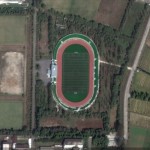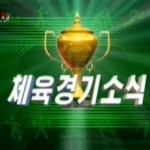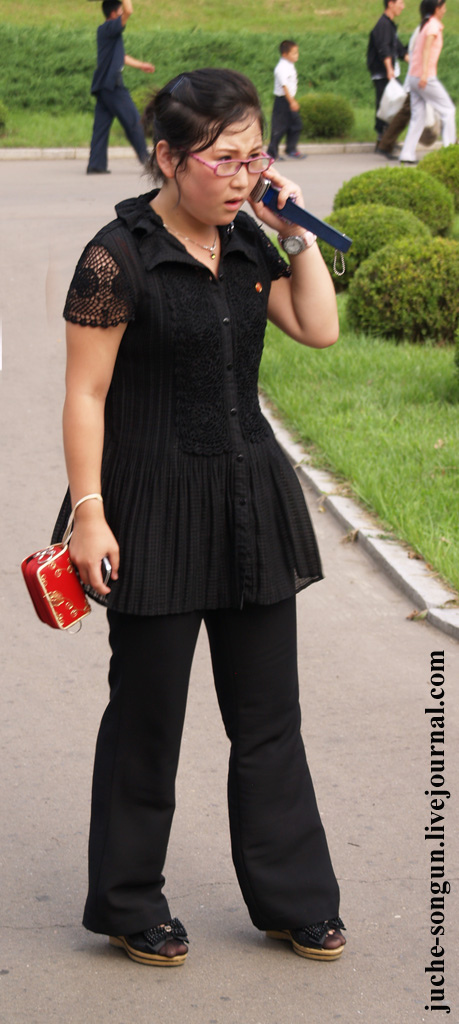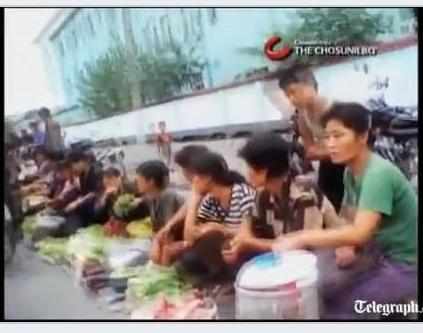Andrei Lankov has written some interesting thoughts on the delay in the much anticipated Worker’s Party conference. According to Lankov:
By its nature, the media is supposed to report events, especially those events which are seen as important or unusual. When elections are held, terrorists bomb an airliner or an UFO is spotted over New York, this is news. The media outlets usually remain silent when an airliner safely arrives and no Martians are seen walking in the Central Park.
This is understandable, but sometimes it is very important when some event does not happen – especially when the reason for the breach of pattern is not clear. But, understandably enough, such non-events attract much less media attention.
It seems that last week we all were witnesses to such a non event. The international media eagerly awaited news from Pyongyang where a conference of the ruling Korean Workers Party (KWP) was scheduled to take place. Indeed, in July the North Korean media officially informed the world that the KWP would soon have a party conference – the first party conference in 44 years and a first formal gathering of the KWP representatives in 30 years.
This was a rare event, so it attracted much attention. It was almost universally expected that at the conference Kim Jong Il will make public the name of his successor, and few people doubted that it is his youngest son, Kim Jong Eun who will become the next ‘Sun of Korea’.
The official media was quite specific about the conference dates. It was said that the conference would be held in the first ten days of September. The North Korean documents contained a term which unequivocally refers to a period from the 1st to the 10th day of month.
Taking into consideration that authorities are clearly in control of the timing of such an event, the international media was on alert since the first days of September. Some sources leaked the supposed exact starting date for the coming conference, but people in the know remained skeptical: they are well aware how unreliable are the political rumors which merge from North Korea. Nonetheless, journalists, diplomats and spies expected that the conference would happen last week, as officially proclaimed.
It did not. Now, it is September 13 already, so the official deadline has quietly passed, but nothing has been heard about the conference. For a while there were speculations that the conference met clandestinely. However on Friday, the 10th of September, Nodong sinmun, the mouthpiece of the North Korean government, published an editorial where it mentioned the conference as one of many glorious events which will happen in North Korea in near future. This editorial attracted much attention since it made clear that, first, the conference has not taken place and, second, that it was not cancelled, but postponed.
Predictably, the non-event did not become a major news. Only few specialized publications noticed it. Nonetheless, the decision to postpone the conference is unusual and might be politically significant.
Had not Pyongyang authorities made a clear and unequivocal statement about the conference schedule, this would not attract much attention. But the government is in control. Last but not least, the delay is sending the wrong signal to the people who might start wondering why a much publicized event did not take place on time. The government’s obvious inability to keep its promises on such trivial matters will damage its standing in the eyes of the public, and will make them wonder whether everything is normal at the top.
Indeed, this is something to wonder about. It is difficult to believe that the conference was postponed due to, say, some logistical problems: it is not too difficult to house a couple of thousand representatives, and moving them around town for few days would hardly constitute a major challenge even for such a poor nation. So, there are good reasons to suspect that something in Pyongyang went wrong again, and the longer the delay is, the greater the scale of these unknown problems is likely to be. However, even if the conference will open amongst the usual pomp later this week, the inability or unwillingness to convene it as initially scheduled still should not be ignored.
So, what might have gone wrong? Since we are dealing with North Korea, which is frequently described as the “world’s most secretive society”, nothing is known for sure, and one has to remain skeptical even in regard to the rumors which are likely to start emanating from North Korean in near future. Nonetheless, some possibilities should be considered.
First, it is possible that the North Korean elite is far less united than it is usually assumed, so some factions are seriously unhappy about the likely choice of successor and/or expected composition of the new leadership (a formal appointment of new top officials is an important part of the conference ritual). They might have managed somehow to block the conference, while Kim Jong Il is unable or unwilling to restore the order. This fighting might unroll among the top functionaries of the regime, but it might as well be an internal feud within the ruling family among whose members, one must suspect, not everybody is happy about the recent choice of successor.
Second, the delay might reflect something more sinister – the growing inability of Kim Jong Il to pass reasonable judgments and make rational decisions, his tendency to follow impulses and emotions. Indeed, in the last two years of strange and seemingly irrational things began to happen in North Korea with alarming and growing frequency, with its policy becoming more erratic. Among examples of such actions, one can mention the gross diplomatic mistakes of 2008-09, a badly planned (and unsuccessful) currency reform, and the recent sinking of the South Korean warship in disputed waters. The list can be easily continued. Many long-time Pyongyang watchers have recently developed the impression that the North Korean top leadership is doing strange things, things which do not make much sense, and it is not coincidental that the first signs of such erratic behavior appeared in early 2009, shortly after Kim Jong Il suffered a serious illness, presumably a stroke.
If this is the case, it is not impossible that Kim Jong Il just decided to have a conference when he felt like it, but then cancelled or postponed it, without thinking twice about the political impact of such decision. Such sudden changes of mind are not unexpected when we deal with a stroke patient, but this particular patient seemingly has a complete control over the nuclear-powered nation of 24 million.
Last but not least, it is also possible that Kim Jong Il is now too sick to make an expected public appearance at the conference (this view seems to be widespread in South Korean ruling circles). Yes, as recently as September 11 the North Korean media reported his trip to a mine in a distant northern part of the country, but no date of the trip was disclosed (and such reports can easily be fakes).
Many other plausible explanations can be – and, at all probability will be – suggested, too, but one thing seems to be fairly certain: something unusual is happening in Pyongyang these days. If the conference will not meet in the next couple of weeks we can be sure that the situation is very unusual indeed.
The mine Lankov mentions above is the “March 5th Youth Mine.” The DPRK released some photos of Kim Jong-il visiting this mine. You can see them here, here, and here. Here is the story in KCNA. The March 5 Youth Mine is located in Junggang County (중강군) at 41°42’46.97″N, 126°48’45.64″E. Can anyone match up the satellite imagery with the photos of Kim Jong-il? I think the satellite imagery may be too old. Kim Jong-il also reportedly visited the mine on January 29, 2008.




